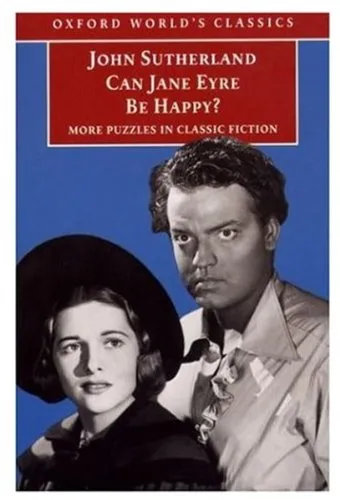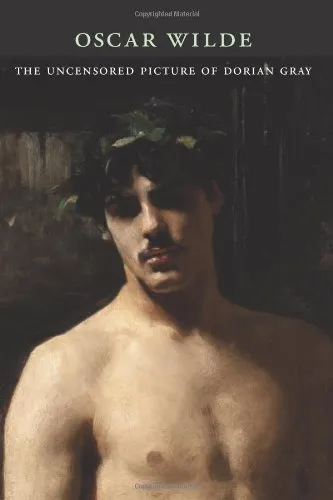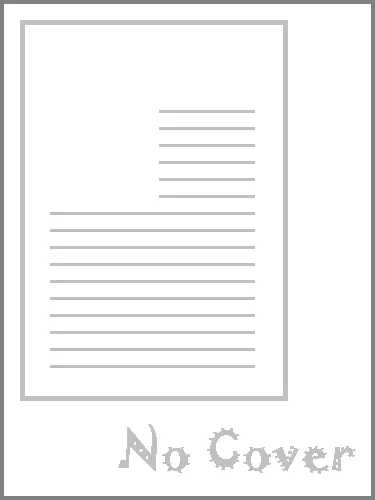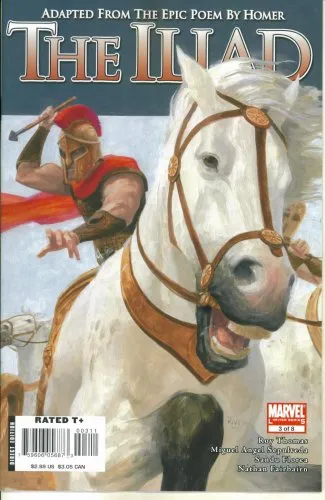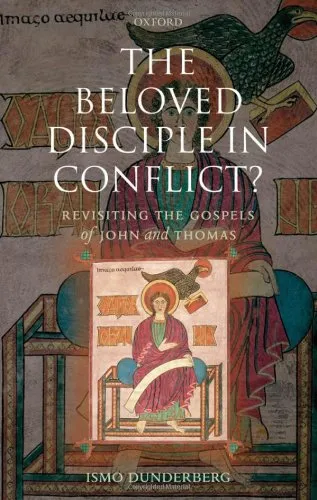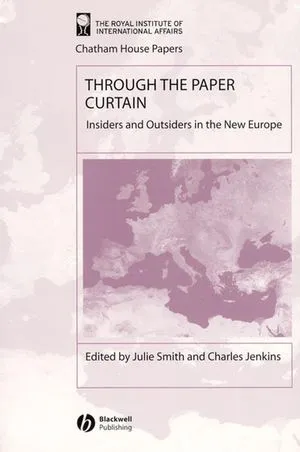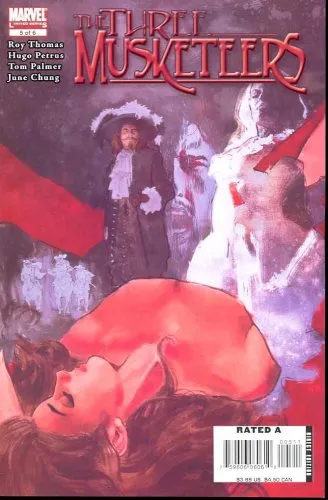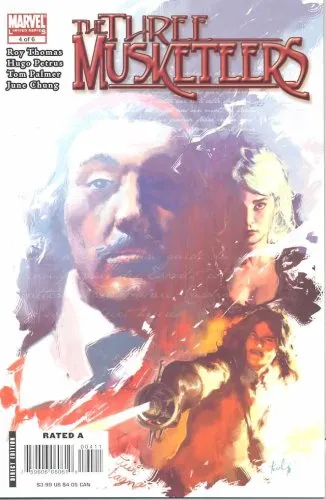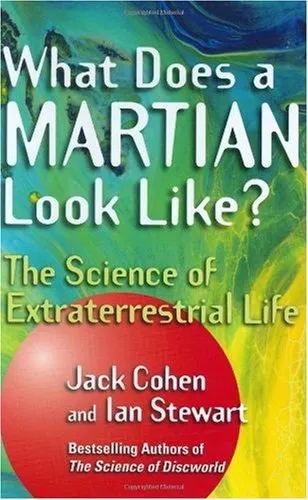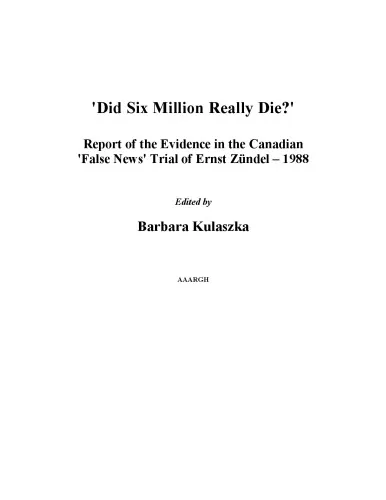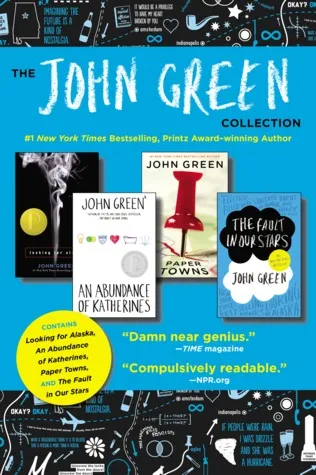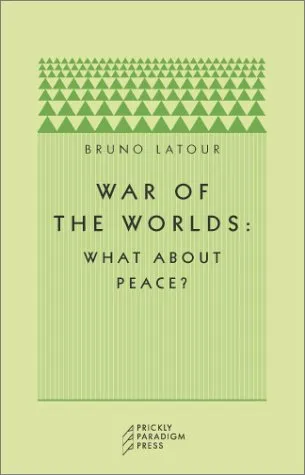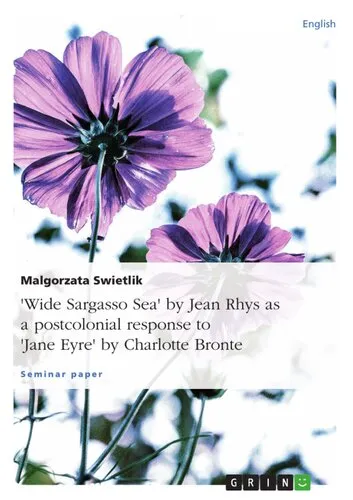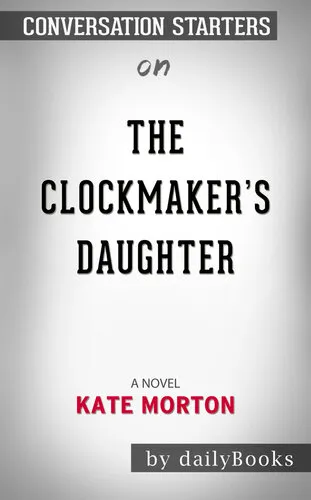Can Jane Eyre Be Happy?: More Puzzles in Classic Fiction (Oxford World's Classics)
3.6
Reviews from our users

You Can Ask your questions from this book's AI after Login
Each download or ask from book AI costs 2 points. To earn more free points, please visit the Points Guide Page and complete some valuable actions.Related Refrences:
Welcome to an enlightening journey through one of the most intriguing literary analyses of the 21st century: "Can Jane Eyre Be Happy?" This book tackles the enduring question surrounding one of literature's most beloved heroines and seeks to unravel the mysteries of her emotional world through the lens of modern criticism.
Detailed Summary of the Book
In "Can Jane Eyre Be Happy?", we delve into the complexities of Charlotte Brontë's iconic novel, Jane Eyre, with a focus on the psychological and existential dimensions that surround Jane's journey. The book challenges traditional interpretations, probing whether Jane's ultimate union with Mr. Rochester satisfies her internal desires for both love and independence. As we navigate through Brontë's narrative, we find discussions on the themes of autonomy, identity, and marital satisfaction, each explored through a contemporary perspective.
The author uses an interdisciplinary approach, weaving together literary criticism, psychology, and history to present a nuanced examination of Jane Eyre's character development. Key moments in the novel are revisited, including Jane’s childhood struggles, her passionate defiance, and her final reconciliation with Mr. Rochester, to ascertain the state of her happiness. The book further examines the societal and personal constraints that shape Jane's decisions, asking readers to consider the implications of her choices and the meaning of a "happy ending" in the context of the 19th century and today.
Key Takeaways
- A deeper understanding of the themes of autonomy and self-realization in Jane Eyre.
- Insights into how societal norms and personal desires conflict within historical and literary contexts.
- The impact of psychological analysis in interpreting classic literature.
- Evaluation of the evolving narrative of female happiness in literature.
Famous Quotes from the Book
Throughout the book, several quotes stand out for their insightful commentary on Jane’s character and her journey:
"Does Jane achieve happiness, or does she settle into the best iteration of happiness available to her in her time?"
"In grappling with her own nature and society's expectations, Jane Eyre becomes not just a character in a novel, but a symbol of the pursuit of selfhood."
"This analysis posits that happiness, for Jane, is found in the reconciliation of her inner passions with the outer world."
Why This Book Matters
Understanding why "Can Jane Eyre Be Happy?" holds such significance requires reflection on both its scholarly and cultural impact. First and foremost, the book offers a fresh perspective on a beloved classic, encouraging readers to revisit Jane Eyre through a critical and modern lens. By questioning the simplicity of a happy ending, the analysis opens a dialogue about how readers have historically interpreted female autonomy and fulfillment in literature.
The book is not just for scholars of literary criticism but is written in a way that is accessible to the general reader, making it a valuable resource for anyone interested in literature, gender studies, and the psychology of happiness. Additionally, it contributes to ongoing discussions about the role of women in literature and society, providing a platform for broader conversations about how we define and aspire to happiness.
In an era where feminist readings of classic literature are increasingly vital, "Can Jane Eyre Be Happy?" stands out as an essential contribution to the dialogue, helping us rethink not just Brontë's work but the very essence of happiness in fiction. It encourages readers to not only revisit the ideas presented by Charlotte Brontë but also to reflect on their meanings in today's context.
Free Direct Download
You Can Download this book after Login
Accessing books through legal platforms and public libraries not only supports the rights of authors and publishers but also contributes to the sustainability of reading culture. Before downloading, please take a moment to consider these options.
Find this book on other platforms:
WorldCat helps you find books in libraries worldwide.
See ratings, reviews, and discussions on Goodreads.
Find and buy rare or used books on AbeBooks.
1483
بازدید3.6
امتیاز0
نظر98%
رضایتReviews:
3.6
Based on 0 users review
Questions & Answers
Ask questions about this book or help others by answering
No questions yet. Be the first to ask!
